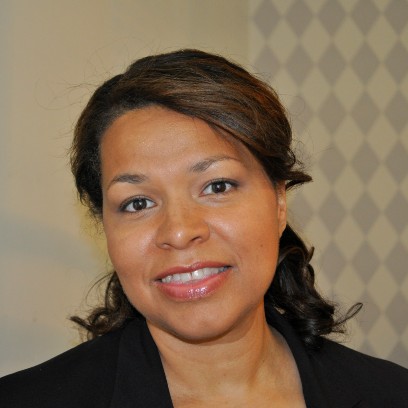Mistra Geopolitics is an interdisciplinary research programme, which means that researchers from different fields of expertise come together and combine their intellectual skills. This is an effective – and sometimes challenging – approach, but necessary when it comes to understanding the complex world we live in.
The programme comprises four prioritized research themes organized internally under the
six work packages displayed below.











